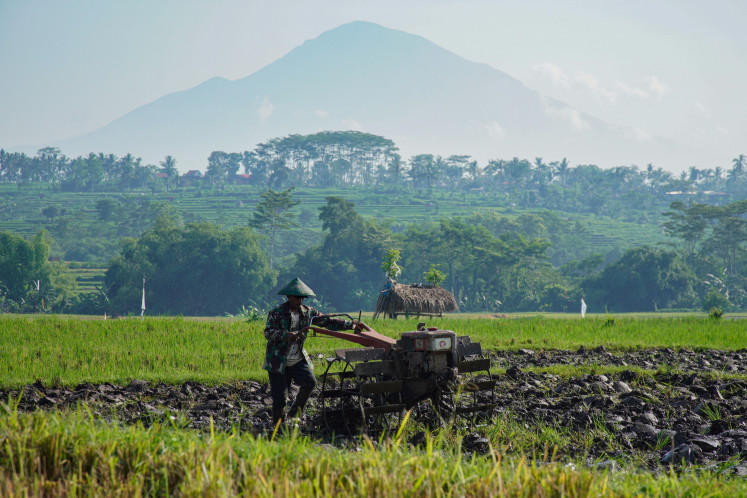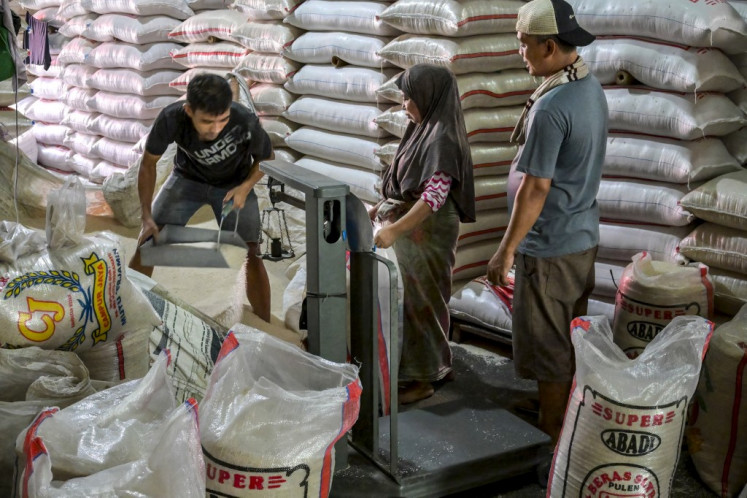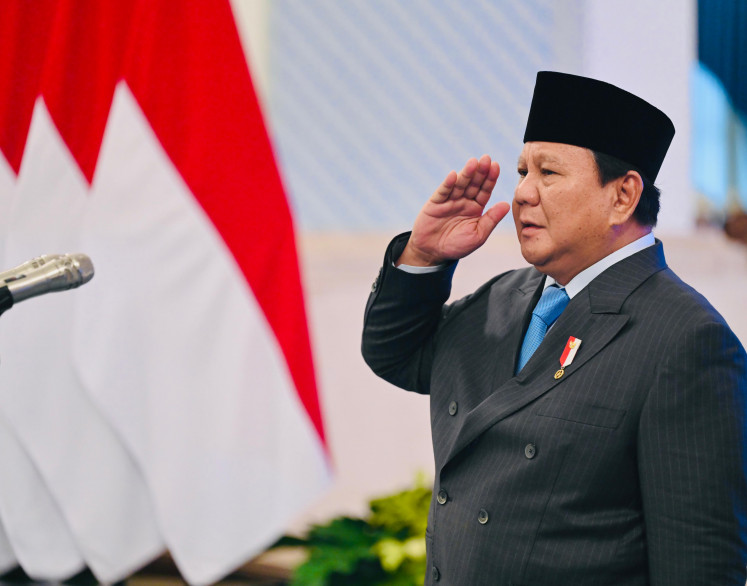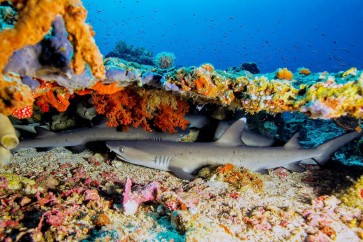Popular Reads
Top Results
Can't find what you're looking for?
View all search resultsPopular Reads
Top Results
Can't find what you're looking for?
View all search resultsBBNJ agreement: To protect and conserve our oceans
The Biodiversity Beyond National Jurisdiction (BBNJ) Agreement signed last month at the UN's New York headquarters heralds a new vision for protecting the world's oceans now toward a sustainable future for all humankind and the planet.
Change text size
Gift Premium Articles
to Anyone
W
hen Christopher Columbus landed for the very first time on the American continent in 1492, many doubted that the discovery would be praised as a historical moment. This became one of the landmarks in history and since then, the United States has grown into a global superpower.
In 1968, then-Malta Ambassador Arvid Pardo made a historical speech before United Nations countries during the negotiation of the United Nations Convention on the Law of the Sea (UNCLOS), when he introduced mankind’s common heritage of the seabed and its subsoil (the Area). Ambassador Pardo was convinced that the ocean was the main source of life. Nonetheless, he remained cautious that exploration of the Area offered opportunities and threats alike.
Those two events in history teach us that the present moment can potentially have a huge impact on the future of humankind without us being fully aware of it.
Globally, the ecosystems in national jurisdictions are affected by human activities and population growth. Developing countries explore and exploit the ocean within their national jurisdictions much more than developed countries due to their financial and technological limitations. Conversely, developed countries have targeted areas outside their national jurisdictions to explore resources, especially on the seabed.
The Area beyond national jurisdictions is considered vast waters with limited ability to explore. Maintaining surveillance and law enforcement in such areas are also deemed very expensive. Nevertheless, without doubt, the Area has a very strategic role in creating a balance between national and global marine ecosystems because it covers around 40 percent of the Earth and 64 percent of the world’s oceans.
The Area beyond national jurisdictions has been utilized for fishing, shipping lanes, research, bioprospecting, telecommunications and mining. Illegal, unreported and unregulated (IUU) fishing still dominates the decline in fish stocks, reduced diversity of fish species and damage to ecosystems in the Area.
From the sea transportation perspective, more than 90 percent of international trade passes through the oceans. Some impacts of this activity are marine and air pollution, oil spills and invasive alien species.



















